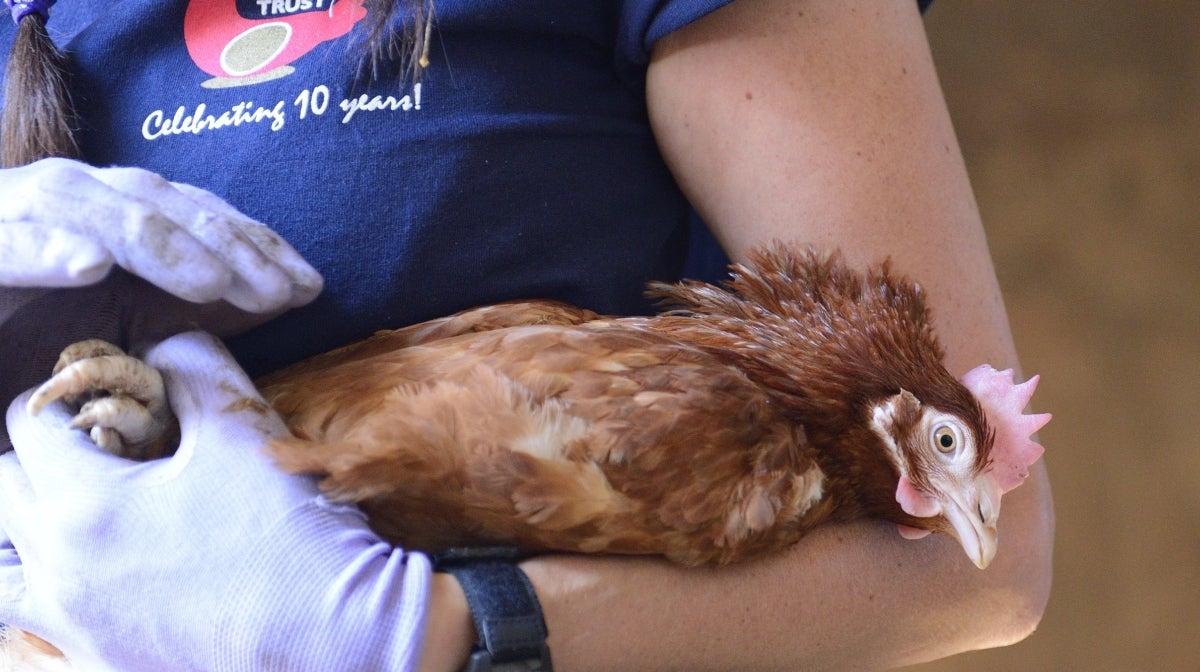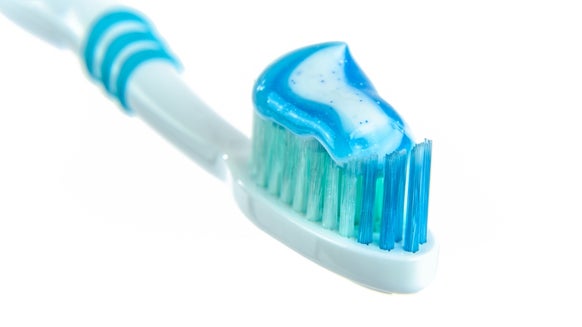Beginner’s Guide to Rehoming Hens

Hens came sixth in a report on the UK's most popular pets and it is easy to see why. They are not difficult to look after and they don't need a huge amount of daily care once their initial needs are met. Ex‐commercial hens (ex-bats), in particular, are the ideal starter hen for first‐time keepers. This guide, written by The British Hen Welfare Trust, will cover the basic information for anyone thinking rehoming ex-bat hens.
About BHWT hens
These hens have been laying for 18 months, where they reach the end of their commercial lives and are sent to slaughter. This is because their egg laying generally slows down or becomes irregular. However, nine times out of 10 they will carry on laying. They are hybrid hens, who are bred to lay as many eggs as possible during their commercial lives.
The average ex‐bat can live anywhere between four and six years, though some can live to the age of eight or nine! These ex-bats will get on just fine with other breeds of hen. However, you should build introductions gradually over a few weeks.
First Steps to Rehoming Hens
It's easier than ever to get hold of the equipment you'll need, in country stores and on the high street. Keepers can either buy a purpose‐built hen house or convert an ordinary shed or outbuilding. However, it must contain nest box facilities, perching provision, and a pop‐hole as essentials. Wooden coops are thought of as more attractive, though plastic coops are often easier to clean and can reduce the likelihood of red mites. The most important factor with any set up is making sure the housing is completely fox‐proof. Remember hens can dig! So you need to make sure you dig fencing well into the ground and is high enough so a fox can’t jump over it. Ideally, put a roof over the run. Hens will spend a large part of their day scratching and rooting around for worms. This means the area around the coop can soon turn into a mud bath, particularly during wet spells, so bark chippings can help to minimise soggy areas. In terms of the general run, the more there is for them to do and see, the happier they will be.
Cleaning Out the Coop
There is a minimal amount of daily cleaning you'll need to undertake. This includes removing droppings and wet patches. You should give the coop a thorough clean‐out should every two weeks in dry weather and once a week if it is wet. This is because they will track more water into their coops, and they tend to stay inside for longer. A thorough clean is also an opportunity to disinfect or treat for red mites. The clean should include sweeping out bedding, using a paint scraper to remove debris, and putting down a fresh layer of bedding.

Image Source: BHWT
Feeding and drinking your ex-bats
The average adult hen will need 100‐120g of feed per day. You can ration this or administer via a feeder large enough to hold feed over several days. However, you shouldn't allow food to go stale or damp. Ensure you control the amount of feed in the feeder and tailor it to the number of hens you have.
Treats
While it is lovely to treat hens, it is illegal to feed them kitchen scraps unless from a vegan household. (Yes really!). In any case, hens thrive on a well‐balanced diet so you should only give your hens a range of nutritional treats specifically designed for hens. Too many treats can result in an unbalanced diet which inevitably disrupts their egg production. Plus, hens can also become overweight with too many treats.
Routine
Like many pets, hens do not like change. You should establish a routine from the day you bring the hens home. It is advisable to stick to the same feed times each day and avoid sudden changes in their environment. While they need relatively little looking after, there is commitment required as they are not the kind of pet you can leave for unattended for a couple of days.

Image source: BHWT
General Hen Health
It is advisable that you check with their veterinary surgeon whether they are happy to treat hens. The BHWT has a list of hen‐friendly vets on its website if you are unsure. Each hen has her own personality, and keepers will quickly learn their character and spot when something is not right. You should handle them regularly (once weekly at least) so you can quickly pick up any health issues, as feathers can hide a multitude of sins.
Parasite Control in Hens
Handling hens regularly will also reveal any external parasites such as lice and mites. By far the biggest bane of any hen owner’s life is red mites, which live in the environment, not the hen. If they start roosting outside the coop it is possible that red mites are inside. We find diatomaceous earth gives the best results in managing red mite. The rewards of hen‐keeping far outweigh any inconvenience, meaning the commitment needed to look after them is generally not thought of as a negative by owners. Good husbandry results in happy hens and you will be richly rewarded by these entertaining pets. Plus, they'll even provide you with breakfast!
The British Hen Welfare Trust is a national charity that re-homes commercial laying hens, educates the public about how they can make a difference to hen welfare, and encourages support for the British egg industry.








